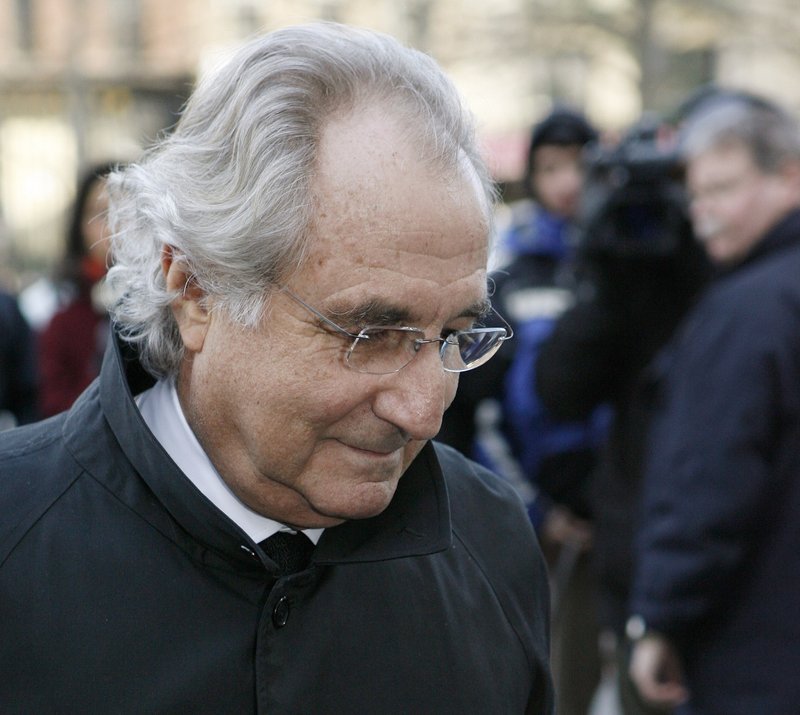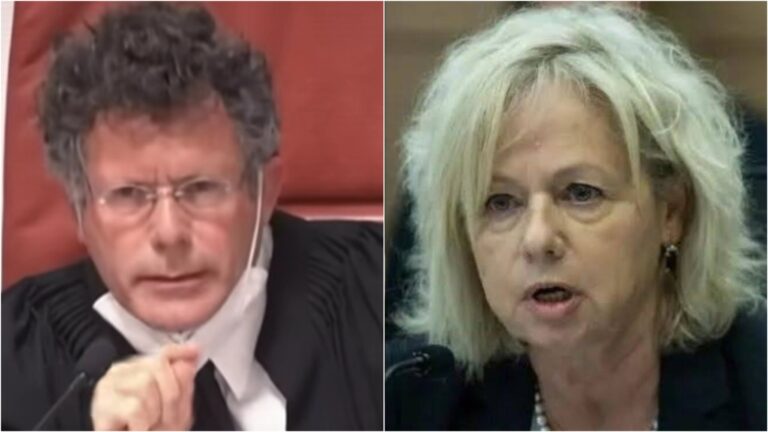Investors who profited from Bernard Madoff’s massive Ponzi scheme even though they knew nothing of it must still pay back their profits, an appeals court decided Thursday.
The 2nd U.S. Circuit Court of Appeals in Manhattan upheld lower-court decisions in cases filed by Irving Picard, a court-appointed trustee who has recovered money for cheated investors for over a decade.
Madoff, 82, is serving a 150-year prison sentence imposed after he pleaded guilty to federal charges in 2009.
His bid to be released early on grounds that he is dying was rejected this year. Thousands of investors lost billions of dollars through his multi-decade fraud.
Madoff customers who received millions of dollars more than their original investments fought in court to hang on to their profits, arguing through their lawyers that they had receive the payouts in good faith and that too much time had passed to let Picard recover the money.
A three-judge panel of the 2nd Circuit concluded, however, that the investors were not entitled to “fictitious” profits that actually was money belonging to other customers.
It noted that the investors were permitted to retain the principal of their investments.
Picard has reported recovering over $14.3 billion for investors who lost over $17.5 billion that they invested. The collapse of the Ponzi scheme left many investors severely damaged financially because they were told their investments had grown much larger than what they started with.
(AP)












One Response
What “profit”? They didn’t make any profits. Their investments lost money. They never earned any profits, but rather they were paid in error.
If you are in shul and you take someone else’s raincoat by mistake (in good faith, they look alike), the fact that you acted in good faith doesn’t mean you get to keep the other guy’s raincoat.